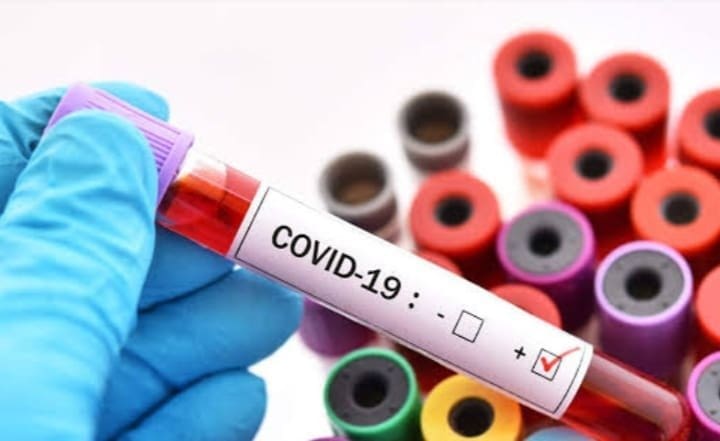India will start clinical trials on the effectiveness of four anti-viral drugs against Covid-19 as part of the World Health Organization solidarity trial, under a fast tracked study, a move that offers hope for a possible cure for the disease. On Wednesday the Indian Council of Medical Research (ICMR) announced that potential anti-viral agents, Remdesivir, Chloroquine/Hydroxychloroquine, Lopinavir-Ritonavir and Lopinavir-Ritonavir with Interferon (ß1a) will be evaluated as part of the solidarity trial.
Besides Remdesivir, all three drugs are generic drugs and manufactured by Indian companies. Remdesivir is the new drug by US drug maker Gilead. This week the company gave voluntary license for three Indian companies to manufacture the drug for India and 126 low- and middle-income countries. The Lopinavir-Ritonavir combination is used for treatment of HIV, Chloroquine/Hydroxychloroquine are anti-malarial drugs while Interferon (ß1a) is used in treatment of Hepitites C.
The Solidarity trial launched by WHO aims to rapidly discover whether any of the above drugs slow disease progression or improve survival of Covid-19 patients, this initiative is expected to provide speed and scale. In a statement ICMR said that the Solidarity trial provides simplified procedures to enable even overloaded hospitals to participate. The trial has begun recruiting COVID-19 patients in the country in nine sites. “The required regulatory and ethical approvals have already been obtained and clinical trial sites have started to recruit patients in the trial,” said Sheela Godbole, Senior Scientist and National Coordinator for the Solidarity trial in India.
Through this collaboration, Indian researchers and institutions will participate in a global initiative to find effective treatment options for Covid-19, said Henk Bekedam, WHO Representative to India, adding that the country plays a critical role in both research as well as in manufacturing once trials conclude successfully.

